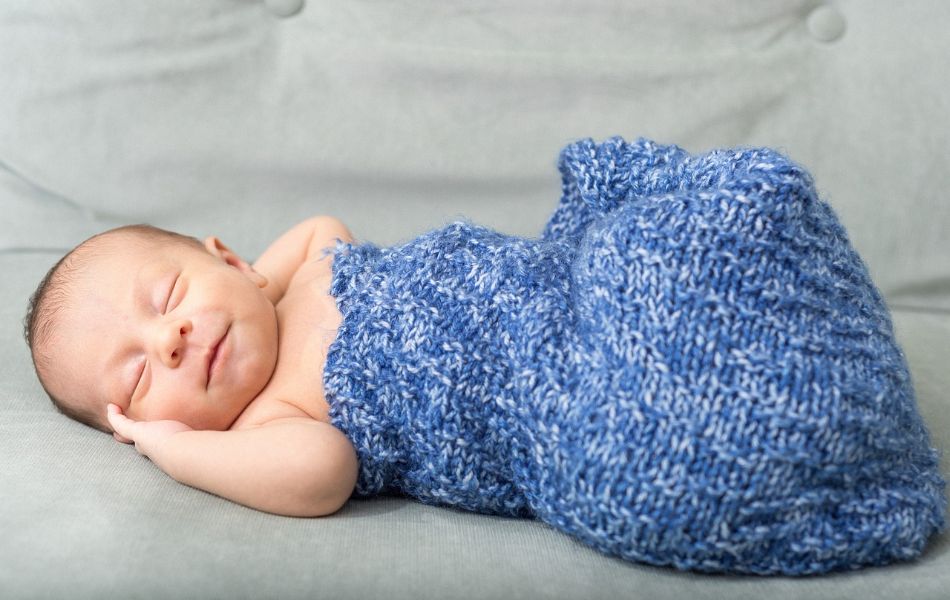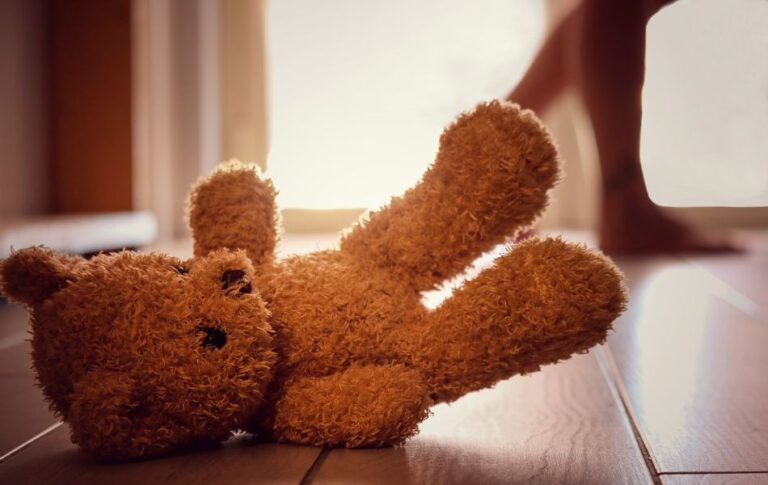Why Do Babies Laugh in Their Sleep? Exploring Meanings and Comforting Beliefs
There’s nothing quite as heartwarming as the sound of a baby laughing. That soft, joyful giggle can light up a room and bring instant smiles to anyone nearby. But have you ever heard a baby laugh while they’re sleeping? This curious phenomenon has fascinated parents for generations. What could possibly cause these adorable nocturnal giggles?
This article explores the various explanations – from spiritual beliefs to scientific perspectives – for why babies laugh in their sleep.
Understanding Baby Sleep and Dreams
Before we dive into the spiritual and emotional interpretations, it’s important to understand how babies sleep and dream. Babies, especially newborns, spend much of their early days snoozing. Their sleep patterns are quite different from adults, featuring rapid shifts between stages like REM (rapid eye movement) sleep and non-REM sleep.
In REM sleep, babies experience heightened brain activity, much like adults. It’s the stage of sleep linked with vivid dreams, even though babies’ dreams are still a bit of a mystery. During this phase, it’s common for babies to make small movements, like twitching or even smiling. These little bursts of activity may be connected to baby laughter during sleep.
Symbolic Interpretations of a Baby Laughing While Asleep
Many cultures hold rich spiritual beliefs regarding why babies laugh in their sleep. Here are some common spiritual interpretations:
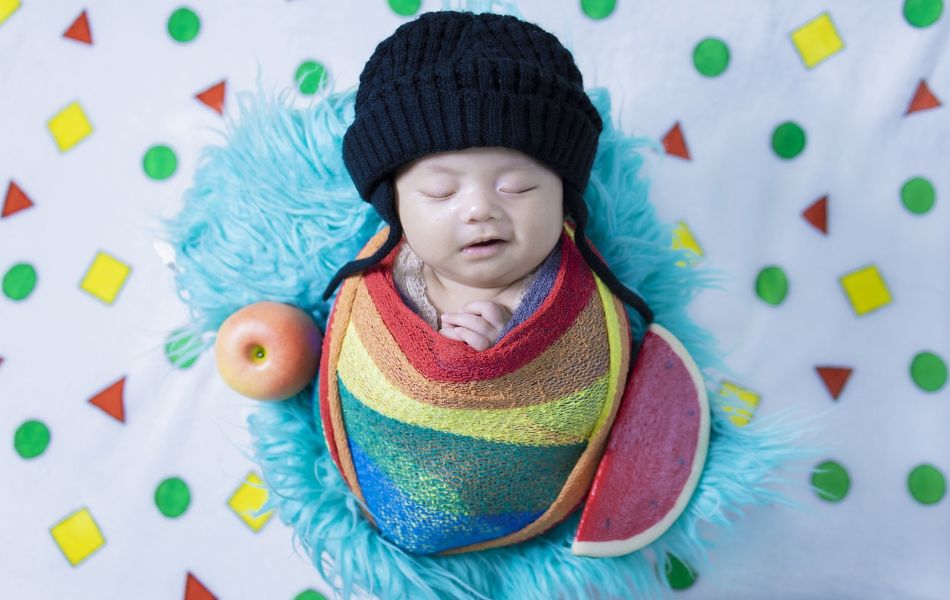
1. Guardian Angels Watching Over
One of the most popular beliefs is that when babies laugh in their sleep, they’re being visited by their guardian angel. These angels, who are thought to protect and guide the child, might be interacting with them during their dreams, bringing smiles and giggles. This can offer comfort for parents, knowing a higher power is looking after their baby.
2. Glimpses of Heaven
Another idea is that babies, fresh from the spiritual world, might still have memories or glimpses of heaven. Their innocent, joyous laughter could be a reflection of these beautiful, otherworldly visions. This belief highlights the purity and closeness of babies to the divine.
3. Visits from Departed Loved Ones
Another beautiful interpretation suggests that babies are visited in dreams by departed family members, bringing joy and love to the child. A baby’s laughter could be a response to these loving presences, offering comfort to the family that their ancestors are near.
4. Pure, Innocent Joy
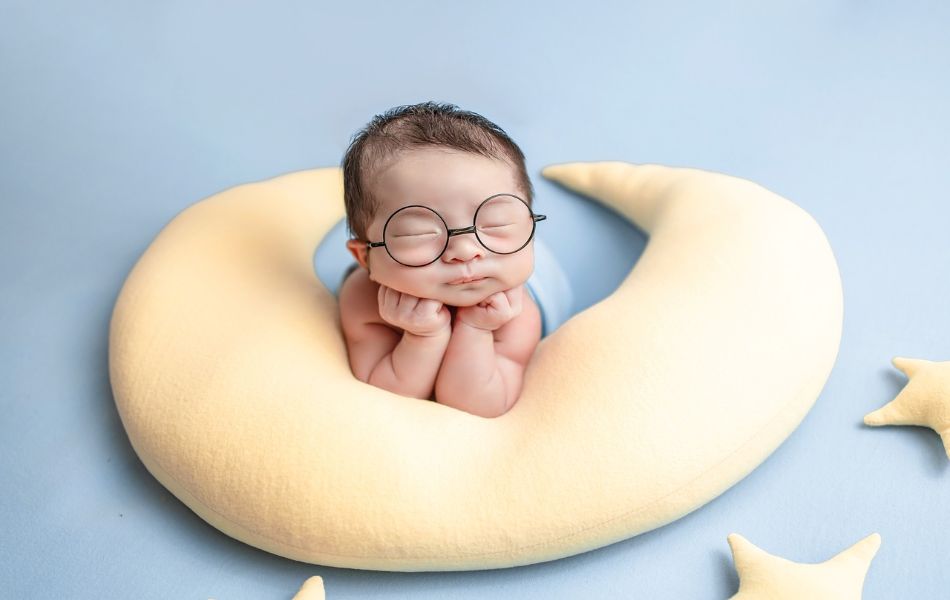
Babies are seen as pure souls, untouched by the complexities of life. From a spiritual standpoint, their laughter in sleep could be an expression of pure joy at the soul level, untouched by earthly worries.
5. Blessings and Good Fortune
In certain cultures, a baby’s laughter in sleep is considered a sign of blessings or luck. Some believe that these giggles are expressions of gratitude for divine blessings bestowed upon the child. In Hinduism, for example, it’s thought that when a baby laughs during sleep, it’s a sign of good fortune and prosperity.
6. Protective Energy for the Family
In various cultures, such as African and Native American traditions, a baby’s laughter at night is believed to protect the household from evil spirits. It is seen as a powerful force of happiness and goodness, keeping negative energies away.
Neurological Insights into Baby Laughter in Sleep
From a neurological perspective, a baby’s laughter in sleep might not have anything to do with conscious emotions or dreams. Instead, these giggles could be linked to involuntary muscle movements. Babies are constantly developing their nervous systems, and as a result, they experience a range of reflexive movements during sleep, including twitches, fidgeting, and even smiling.
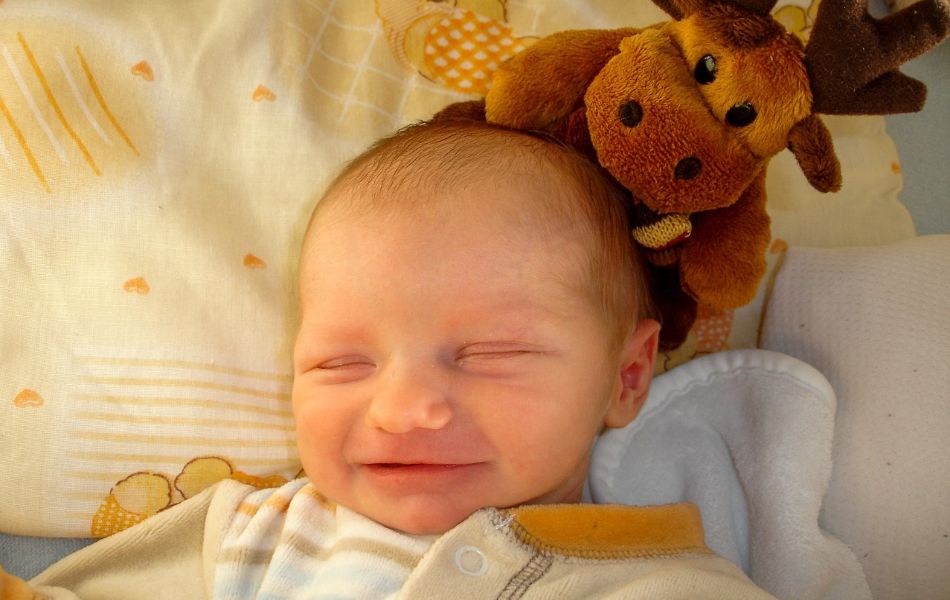
These unconscious movements are part of the baby’s growth. As their muscles and brain communicate, they are essentially practicing control and coordination. So, when parents notice a sweet smile or a slight giggle while the baby is sleeping, it may just be the result of these natural muscle exercises.
Parents’ Reactions: Joy and Curiosity
For many parents, hearing their baby laugh in their sleep can bring immense joy. It’s a sign that their baby might be dreaming of something happy or experiencing positive emotions, even while asleep. However, some parents might feel concerned, wondering what exactly is happening in their baby’s mind or what is causing the laughter.
Most of the time, baby laughter during sleep is a normal and healthy part of their development. If the laughter is accompanied by other concerning behaviors, such as frequent distressing sounds or unusual movements, it may be worth consulting a pediatrician to ensure everything is progressing as expected.
Creating a Comfortable Sleep Environment for Your Baby
Whether a baby’s laughter is the result of spiritual interactions or just unconscious muscle movements, ensuring your baby gets good, restful sleep is crucial. A calm and serene sleeping environment can help your baby rest better, which might lead to more of those adorable giggles.
Here are some practical tips to create the perfect sleep setting for your baby:
- Use Blackout Curtains: For a truly restful sleep, blackout curtains can be highly effective, ensuring that external lights don’t interrupt your baby’s sleep cycles.
- Keep the Room Cool: A room temperature of 68-72°F (20-22°C) is ideal for baby sleep.
- Introduce Soothing Sounds: Soft, steady sounds can soothe a baby, creating a consistent background that blocks out sudden noises.
- Establish a Bedtime Routine: A calming bedtime routine, such as a warm bath followed by a story, can signal your baby that it’s time to wind down and sleep.
See also – Beyond the Physical: Unveiling the Spiritual Significance of Six Fingers
Closing Thoughts
A baby laughing in their sleep is one of those precious moments that fills parents with wonder. Whether you believe it’s a spiritual sign or a neurological reflex, it’s a delightful reminder of the beauty and mystery of new life. As parents, you can cherish these small but heartwarming moments, knowing they’re a natural and joyful part of your baby’s development. And by creating a nurturing sleep environment, you can encourage more restful and perhaps even giggle-filled nights.

